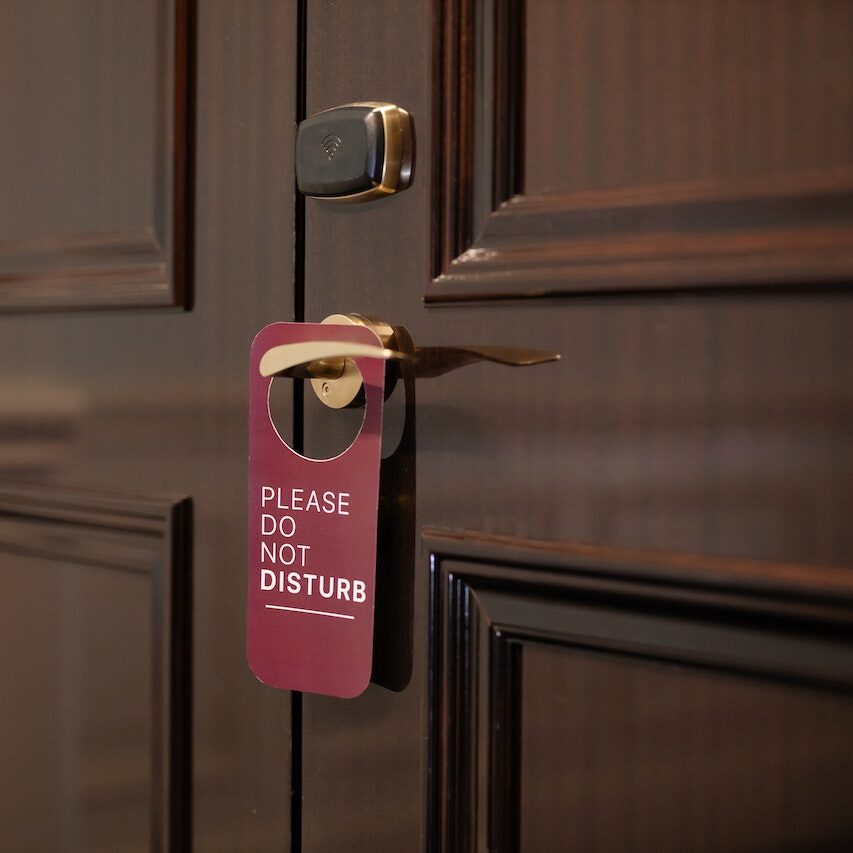SPOTLIGHT: PUMP FOR NURSING MOTHERS ACT
On December 29, 2022, the Providing Urgent Maternal Protections for Nursing Mothers Act (PUMP for Nursing Mothers Act or PUMP Act) was signed into law by President Biden as part of the Consolidated Appropriations Act 2023. The PUMP Act expands existing obligations to provide reasonable break time and a private space to express breast milk to most employees covered by the Fair Labor Standards Act (FLSA).
The PUMP Act states that employees are entitled to take reasonable break time to express breast milk as frequently as needed for up to one year following the birth of the employee’s child. Further, employers must provide a place, other than a bathroom, that is shielded from view and free from intrusion from coworkers and the public to allow the employee to express breast milk.
If this sounds familiar, that’s because Nevada has had a very similar law in place since 2017. It’s important to note that the PUMP Act does not preempt state law to the extent state law provides greater protections.

Break Time
The PUMP Act does not define what “reasonable break time” means for the purpose of these protections. However, in guidance issued by the Department of Labor (DOL), the DOL notes that the frequency and duration of breaks needed will likely vary with the needs of the nursing employee as well as external factors like the location of the private space and steps necessary to express breast milk. The short answer — it depends.
In examples the DOL provides, they indicate taking four 25-minute pump breaks each day or two 30-minute pump breaks each day would be reasonable under the PUMP Act.
Break time under the PUMP Act does not need to be paid provided that the nursing employee is completely relieved from duty. However, if an employee chooses to use paid break time provided by the employer or otherwise required by law, they must be compensated for that break time.

Private Space
Nursing employees must be provided with a private place to express breast milk. The law doesn’t require an employer have a dedicated space for this purpose, only a space that is functional for expressing breast milk. However, in order to be compliant, the space has to be available when needed by the employee. Therefore, employers may need to consider whether more than one space may be needed — especially if they have multiple nursing employees.
A bathroom, even if private, is not a permissible location under the PUMP Act.
The space must be private, meaning shielded from view and intrusion by others. That may mean displaying a sign when the space is in use or providing a lock on the door to ensure the nursing employee’s privacy.
Retaliation Prohibited
It is also a violation of the PUMP Act to discharge or in any other manner discriminate against any employee because they filed a complaint to assert their rights under the PUMP Act or cooperated in an investigation regarding protections provided by the PUMP Act. That is true whether the complaint is in writing or made orally, and whether the complaint is filed with the DOL or made internally.
Who is Covered by the PUMP Act?
All employers covered by the FLSA must comply with the PUMP Act regardless of size. However, employers with fewer than 50 employees may not be required to provide break time and space to express breast milk under the PUMP Act if doing so would impose an undue hardship. Like with the Americans with Disabilities Act (ADA) , whether compliance would impose an undue hardship is determined by looking at the difficulty or expense of compliance in comparison to the size, financial resources, nature, and structure of the business.
While nearly all FLSA-covered employees have a right to take reasonable break time and access to an appropriate space to express breast milk, certain employees of airlines, railroads, and motorcoach carriers are exempt.
Available Remedies for Violating the PUMP Act
If an employer violates the PUMP Act, an employee can file a complaint with the DOL’s Wage and Hour Division or may bring a lawsuit against the employer for damages. There are no special notice procedures if the employee files a complaint with the DOL. However, if the employee chooses to bring a private action against the employer for violating the PUMP Act, they must notify the employer of the failure and allow the employer 10 days to come into compliance. That notice is required unless the worker has been discharged or where the employer has expressed a refusal to comply.
Beginning April 28, 2023, remedies for violations of the PUMP Act include legal and equitable remedies, including reinstatement, promotion, and payment of lost wages and an equal amount as liquidated damages, compensatory damages, and make-whole relief, such as economic losses that resulted from violations, and punitive damages were appropriate. These remedies are available whether or not there was retaliation.
How Does Nevada Differ?
Under Nevada’s Nursing Mothers’ Accommodation Act, which went into effect on July 1, 2017, an employer must provide an employee who is the mother of a child under 1 year of age with reasonable break time, with or without compensation, to express breast milk as needed, and a place, other than a bathroom, that is reasonably free from dirt or pollution, which is protected from the view of others and free from intrusion by others to express breast milk.
Similar to the PUMP Act, under Nevada’s Nursing Mothers’ Accommodation Act, employers with fewer than 50 employees are not subject to these requirements if they would impose an undue hardship on the employer. However, unlike the PUMP Act, employers of any size who determine providing break time or a place to express breast milk would pose an undue hardship can meet with the employee to agree upon a reasonable alternative to what is required under the Nursing Mothers’ Accommodation Act. Further, if no agreement can be reached on a reasonable alternative, Nevada law permits the employer to impose a reasonable alternative.
The PUMP Act exempts certain employees of airlines, railroads, and motorcoach carriers. Nevada’s Nursing Mothers’ Accommodation Act exempts workers of a contractor licensed under NRS 624 if they are performing work at a construction jobsite that is located at least 3 miles from the regular place of business of the employer. No other industry or worker is otherwise exempted.
Our team of HR and legal professionals are here to assist Nevada businesses in identifying and finding workable solutions to mitigate the risk. While there is no way to completely eliminate all risks of doing business, membership with NAE provides the right blend of guidance and resources to manage the risks effectively. Contact NAE today to use your membership! We are here to help.
If your organization is not a member with NAE, we would be happy to discuss all that NAE has to offer and what we can do for your Nevada business. Join NAE today to begin taking advantage of all the member benefits.
Mailing List Sign Up Form
Fill out this mailing list sign up form to receive monthly email updates on the latest NAE news, HR issues, special events, training dates and more!
